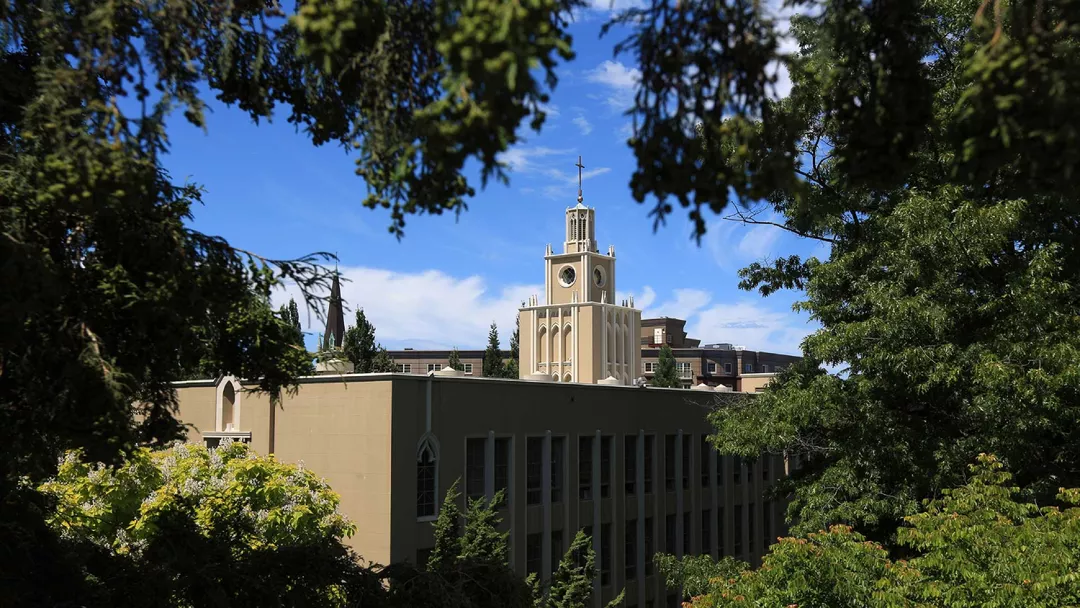-
hello@abroadcube.com
Mail us
-
Call For Help:
98779 83783
-
Whatsapp Us
70090 34921
The Master of Social Work program prepares students to develop values, skills and knowledge in advanced clinical social work practice, including:
The mission of the Seattle University Master of Social Work (SU MSW) program is to educate students for social justice-focused and community-based advanced clinical social work practice. The program seeks to advance equity in access to excellent clinical social work practice for historically marginalized populations by preparing competent and effective practitioners who restore, maintain, and enhance human and community well-being with unwavering attention to social and economic justice. The program is committed to respectful engagement and collaboration with community partners in its scholarship, teaching, and service.
The 2-Year path of study is for applicants with an undergraduate degree in a major other than Social Work. Two-Year students complete 66 credits and 1120 hours of field practicum.
The Master of Social Work requires completion of 66-degree credits, which includes a field practicum in each quarter. The program is designed to be full-time and completed in two years. The 2-Year MSW degree begins with a generalist practice curriculum. The generalist practice curriculum is designed to prepare students to practice according to the purpose of the social work profession as articulated by Council of Social Work Education (CSWE) Educational Policy and Accreditation Standards (EPAS).
| Level | Masters |
| Discipline | Arts and Humanities |
| Duration | 24 months |
| Intakes | Sep |
| Application Fees | USD 55 |
| Tuition Fees | USD 13608 |
| Campus | Main |
| Language proficiency (minimum) | |
| IELTS | 6.5 |
|---|---|
| TOEFL | 86 |
| PTE | 63 |
| Duolingo | 110 |
| Exam proficiency (minimum) | |
| SAT | Not Required / Waiver |
|---|---|
| ACT | Not Required / Waiver |
| GRE | Not Required / Waiver |
| GMAT | Not Required / Waiver |
Minimum GPA - 77%
QS Quacquarelli Symonds is the world’s leading provider of services, analytics, and insight to the global higher education sector, whose mission is to enable motivated people anywhere in the world to fulfil their potential through educational achievement, international mobility, and career development.
THE (Times Higher Education) has been providing trusted performance data on universities for students and their families, academics, university leaders, governments and industry, since 2004. We create university rankings to assess university performance on the global stage and to provide a resource for readers to understand the different missions and successes of higher education institutions.
The Academic Ranking of World Universities (ARWU) was first published in June 2003 by the Center for World-Class Universities (CWCU), Graduate School of Education (formerly the Institute of Higher Education) of Shanghai Jiao Tong University, China, and updated on an annual basis
The "Webometrics Ranking of World Universities" is an initiative of the Cybermetrics Lab, a research group belonging to the Consejo Superior de Investigaciones Científicas (CSIC), the largest public research body in Spain. CSIC is among the first basic research organizations in Europe. The CSIC consisted in 2006 of 126 centers and institutes distributed throughout Spain.

